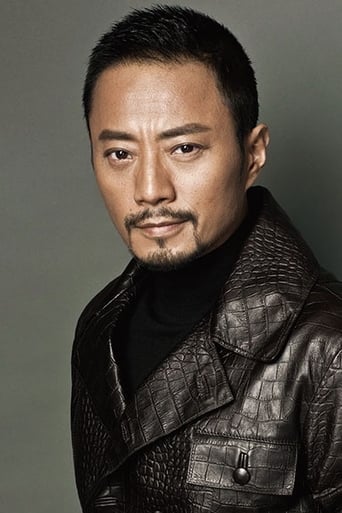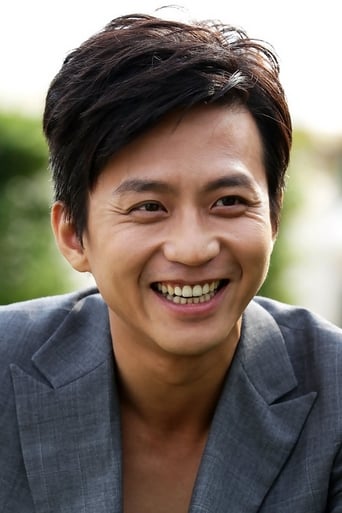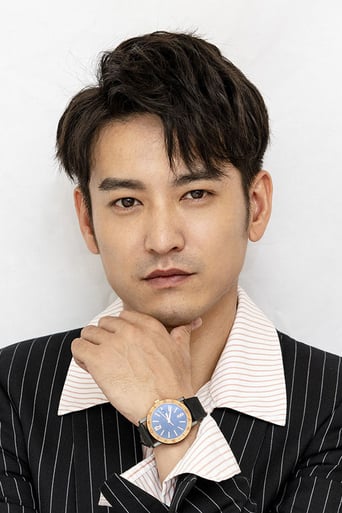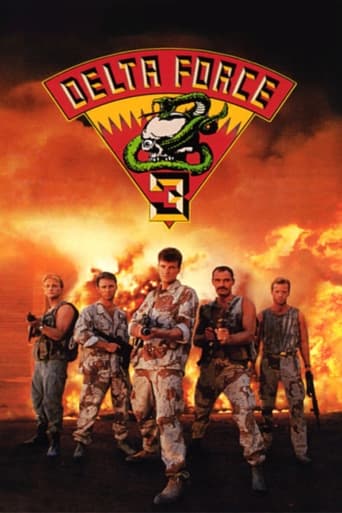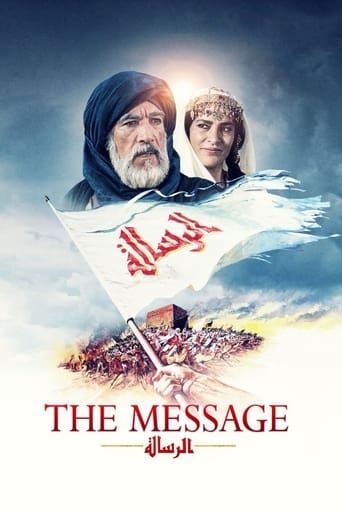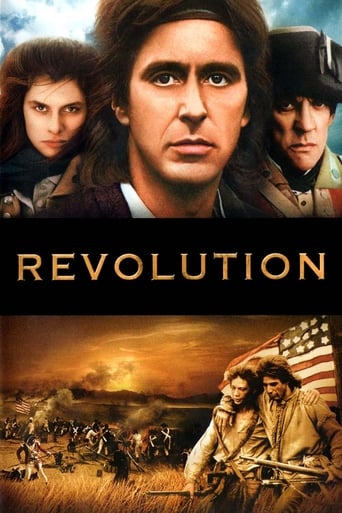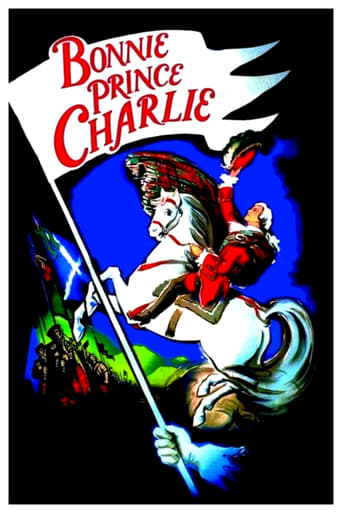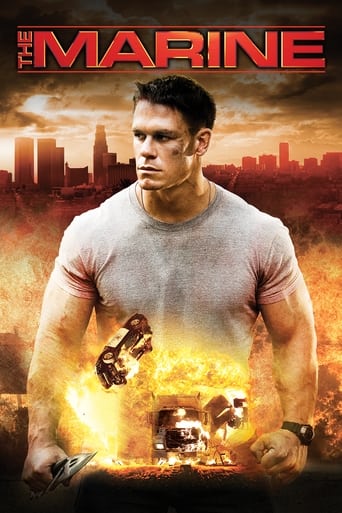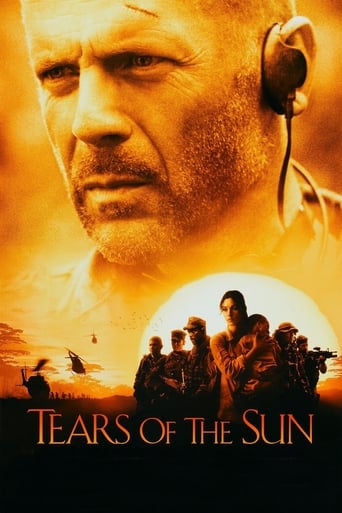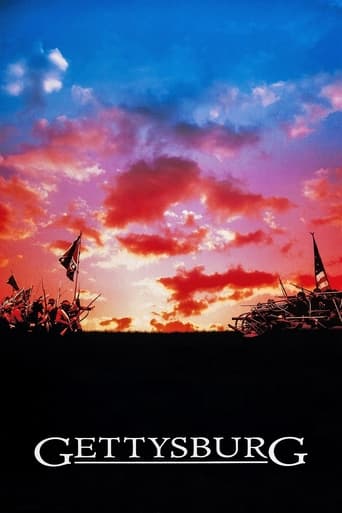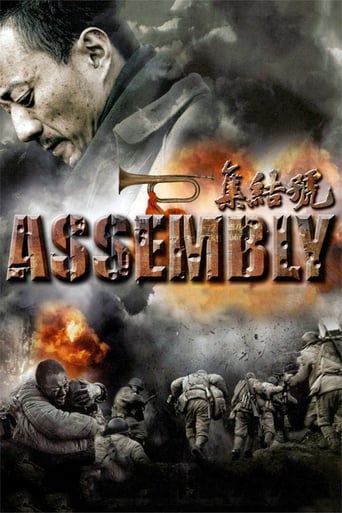
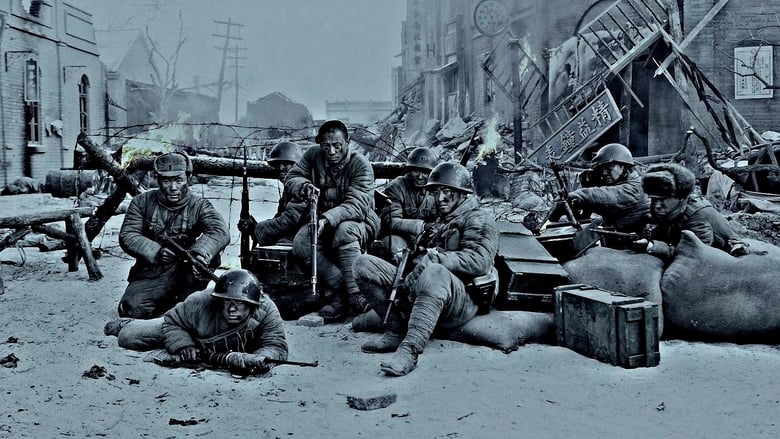
Assembly (2007)
Follows a soldier trying to gain recognition for comrades who died in 1948, at a turning point in the civil war between the communists and the nationalist forces of the Kuomintang.
Watch Trailer
Cast
Similar titles
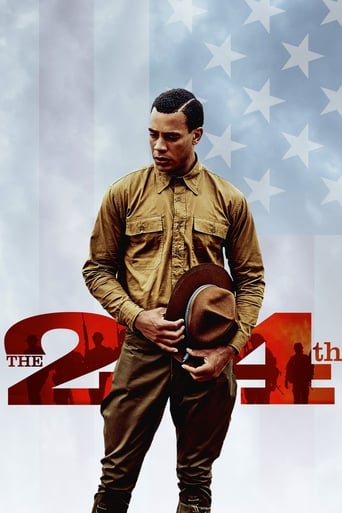
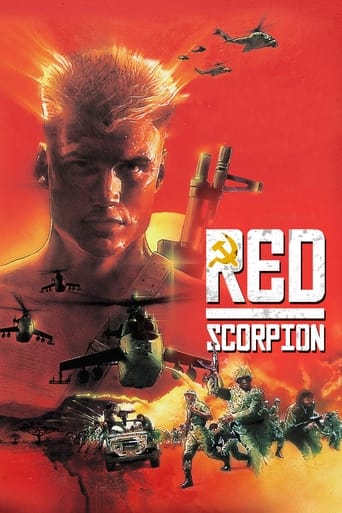
Reviews
Terrible acting, screenplay and direction.
I wanted to like it more than I actually did... But much of the humor totally escaped me and I walked out only mildly impressed.
The acting in this movie is really good.
Although I seem to have had higher expectations than I thought, the movie is super entertaining.
Technically, this movie is excellent. It is well-acted, well filmed, and has a strong, compelling story. The problem is: the plot seems to be a rehash of countless Hollywood war movies, except that the actors are Chinese and the army is the Peoples' Liberation Army. This wholesale borrowing from the American war movie motif happens to work in this case. The protagonist, the Army captain, is a heroic figure who is worthy of respect. He keeps the faith with his men, and thus prevents them from being forgotten. His quest to preserve the truth is epic. He is the kind of soldier that every army wants. That the movie succeeds in virtually eliminating the polemical component intensifies the dramatic effective. The captain is not a so much a Red Army soldier but a soldier who happens to be in the Red Army. The opening battle sequence is used with great effect as a device to introduces the key characters. This is an excellent movie.
A little long, but not at all bad. If you liked "Saving Private Ryan," you should like "Assembly." The director, Xiaogang Feng, has not only imitated Stephen Spielberg, he's transcended him.First of all, a viewer is going to notice the exquisite pictorialism of the titles. They're really tasteful. And the arresting quality of the images -- the composition and color -- is carried through the film itself. A finely tuned visual pageant.The story is a bit drawn out but so much of the material is unfamiliar to the West that it's acceptable. The protagonist is a soldier in the Chinese communist army, Hanyu Zhang. We're treated to battle scenes during the war with Chiang Kai-Shek's nationalists after World War II.Hanyu is in charge of a detachment ordered to hold a position at a mine until he hears "Assembly" played on the headquarters bugle. Nobody hears the bugle call and all of Hanyu's troops die except him. He's wounded and dazed, wearing an enemy uniform, and no one at headquarters believes his story. Nevertheless, he becomes part of the Chinese army and is later half blinded during the Korean war, while in the process of saving another man's life. Three or four Americans show up on screen but they're not stereotypical villains. And when the Yanks are subject to a devastating bombardment, they're killed in extreme long shot.Later, an old soldier now, unfit for duty, Hanyu spends his time trying to find evidence of the events at the mine in 1948. He's haunted by guilt.Some Chinese movies have been working their way into the ken of Western movie goers over the last decade or so, pari passu with the nation's sidling its way into the global village. They're still Chincoms to the more retrograde among us, but if you want to buy Petro China you can do it on the Hong Kong market. And they're our chief foreign debtors. If we fail, they fail. Good reason to make movies about the unforgiving brutality of war and the misunderstandings that follow.In the case of this film, that's part of the problem. Spielberg had bullets clanking off metal, terrible fighting conditions, and pointless blood-spilling. Feng has more exploding squibs -- exploding in the wrong direction -- than you can count. There's gore all over the place, along with body parts and men blown in half by explosions. It's far more graphic than "Saving Private Ryan" or "Blackhawk Down." Feng has also adopted the current directorial fad of cutting instantly during action scenes and wobbling the camera as if the photographer had imbibed too much ng ga pei. Some of the deaths are captured in slow motion. (Ho hum.) I think there's a structural problem too. I understand Hanyu loved his men and is ridden with chagrin over being responsible for their anonymous deaths, all being listed as MIA because their bodies were never recovered. And we're often reminded of it in one way or another. He and one of the soldiers' widow stand in front of the camera and there is a crane shot of a field of grave markers that seems to stretch on forever while mournful music plays on the sound track.However, the girls are pretty, and I say keep 'em coming, China, and be as innovative and original as you were in the 20s and 30s. And ding hao!
"Assembly" is a Chinese war movie made in collaboration with the special effects and stunt coordinators from the Korean war epic "Tae Guk Gi: The Brotherhood Of War" which is one of the greatest modern war movies along with "My Way".Despite the great war scenes, "Assembly" doesn't come close to the high quality of the aforementioned titles.The viewer is thrown too fast into the story. It's 1948 and wartime in China. We follow the fate of Captain Gu Zidi of the Ninth Company. That's where some viewers might already feel mixed up. Who is at war and why? The movie doesn't explain this issue properly. Let me tell you that we are in the middle of the second wave of the Chinese Civil War. By the end of the Second Sino-Japanese which basically was the Japanese invasion of China during World War II, Communist troops of the later People's Republic of China and nationalist troops of the Kuomintang and the later Republic of China relocated to Taiwan picked up their hostilities again that first erupted back in 1927 and that only came to an end in 1949 when the Communists won. Captain Gu Zidi is representing the Communists and is invading a small town occupied by the Nationalists. He wins the battle with severe casualties. When his political officer dies, he loses his temper and orders in vain to shoot the surviving war prisoners. This brutal attempt leads to a short punishment where Gu Zidi meets an intellectual pacifist and teacher. The two different men befriend each other. Upon Gu's request, the teacher becomes the new political officer who accompanies the Ninth Company to protect an old strategic mine at Wen River.What we see then is how the Company fights back the Kuomintang at all costs. They have to stay and fight until they hear the bugle call for assembly. The fight scenes are glorious but overlong. Some characters start getting some identity and development. Ironically, almost all of them are immediately killed which makes these script attempts useless and the story odd. When some soldiers pretend to have heard the bugle call and others don't, Gu Zidi who has become partially deaf during battle becomes desperate and orders his troop to stay. The whole situation gets tense when a third wave of attacks comes in but the promising scenes are suddenly cut in the oddest way.We are thrown a few months or years into the future. The movie fails to tell us what exactly happened and where we are. The viewers only realize that Gu Zidi is the only survivor of the Company but nobody remembers them. Treated with ignorance and struck by remorse, he decides to join the Korean War that took place from 1950 to 1953. The Chinese troops supported North Korea when South Korean and American troops invaded the northern part of the peninsula and were about to reach the Chinese frontier. We only see a few war scenes here when Gu Zidi saves the life of his platoon commander who stepped on a landmine and loses a part of his sight. We are then thrown another few years into the future. Gu Zidi looks for the battlefield where his Company died. He fights for recognition of his soldiers' glorious death on duty. He is only supported by the platoon commander of the Korean War and the widow of the intellectual political officer. Ridden by despair, Gu picks up fights with the government, tries to find the bodies of the dead and seems to lose track of reality. By lucky coincidence, he meets the bugler who was supposed to call back the Ninth Company for assembly who tells him that he never did that call and that the Ninth Company was abandoned by its superiors.Gu Zidi can't turn the page. Even though his men are honoured posthumously, he absolutely wants to find their bodies. Many years later, excavations for an irrigation project finally uncover them. A large monument is erected and formal burial performed.Gu finally remembers what happened on the battlefield back in the days. His political officer and him were the only survivors after the third wave of attacks. He ordered the officer to sacrifice himself and make the mine explode so that the bodies wouldn't fall into the hands of the Kuomintang. Gu went out on one last suicidal mission and attacked a tank of the Kuomintang. Apparently, he survived somehow as he was left for dead, hid himself in the mines and put on the uniform of a Kuomintang soldier. What exactly happened is never unveiled and the movie ends there.After all, the film has too many cuts. Only historical experts might be able to follow it properly. What starts as a gripping but one- dimensional war movie ends up being a dull personal drama. This mixture of genres isn't balanced very well. The story is sometimes hard to follow. Too many details remain obscure. The elements that save this movie are the special effects, the cinematography, the soundtrack and the solid acting, especially by main actor Zhang Hanyu.On a positive side note, this movie has no propaganda tendencies like similar films. It doesn't tell if the Communists or the Kuomintang are better or who is good or evil in the Korean War. It only tells us the tale of a desperate captain who wants to discover the truth about his soldiers. At some points, the movie even criticizes the Chinese Communist government who doesn't help the broken man and employs an ignorant attitude. This war movie has a few strengths but almost as many flaws. Only cinematic war maniacs and history experts may be rewarded. Anyone else may find this hard to sit through despite a glorious main actor. There also exists a second "Assembly" movie that doesn't relate to this one.
In 1948, during the Chinese Civil War, the Captain Gu Zidi (Hanyu Zhang) from the Liberation Army falls in disgrace with his superiors after an incident with prisoners of war. He is assigned with his forty-seven soldiers from the Ninth Company to defend a coal mine until they hear the retreat assembly of the bugle. Gu Zidi never hears the call, his men die and he gathers their bodies inside the mine. Gu Zidi awakes in a hospital and neither his identity and nor his officer ranking are recognized; the forty-seven soldiers that heroically died are only considered missing and their action is completely unknown by the high-command. Gu Zidi fights in the Korea War and spends the rest of his life feeling guilty for the death of his men and trying to prove and achieve recognition for the honorable deed of his forty-seven soldiers."Ji Jie Hao" is an impressive movie about the Chinese Civil War of 1948. The director Xiaogang Feng succeeds in promoting the true story of the journey of a man that spends his life trying to prove the bravery of his men that are in complete anonymity through a touching story. The extremely realistic battle scenes are comparable to "Taegukgi Hwinalrimyeo" and "Saving Private Ryan", with stunning camera work, performances and choreography. The cinematography is magnificent, and Hanyu Zhang has an awesome performance in the role of the tireless Captain Gu Zidi. My vote is nine.Title (Brazil): "Assembléia" ("Assembly")
